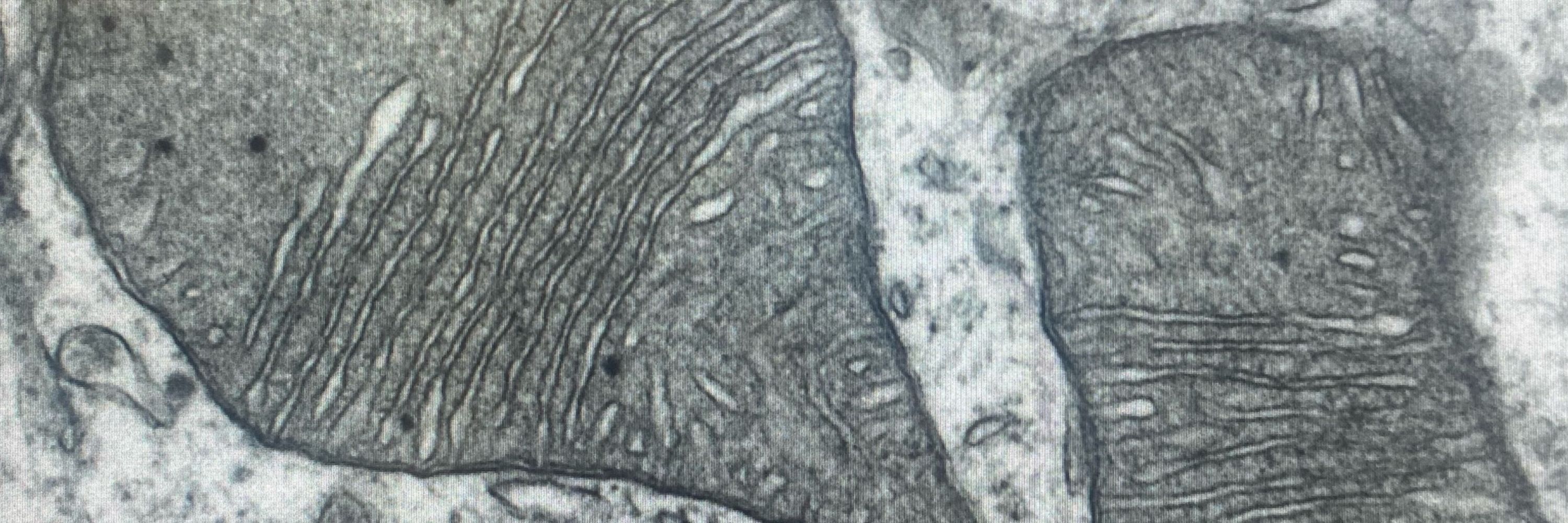Merja Joensuu
@joensuulab.bsky.social
430 followers
500 following
16 posts
Lab head at The University of Queensland, Australia, https://aibn.uq.edu.au/joensuu . Cat servant. All things cell- and neurobiology, and microscopy.
Posts
Media
Videos
Starter Packs
Pinned
Reposted by Merja Joensuu
Merja Joensuu
@joensuulab.bsky.social
· Nov 21
Merja Joensuu
@joensuulab.bsky.social
· Nov 21

Dynamin independent endocytosis is an alternative cell entry mechanism for multiple animal viruses
Author summary To initiate their infection cycle, most viruses first need to enter their target cells, a process called endocytosis. In mammalian cells, endocytosis often involves a class of proteins ...
journals.plos.org
Merja Joensuu
@joensuulab.bsky.social
· Nov 21
Merja Joensuu
@joensuulab.bsky.social
· Nov 20
Merja Joensuu
@joensuulab.bsky.social
· Nov 20







